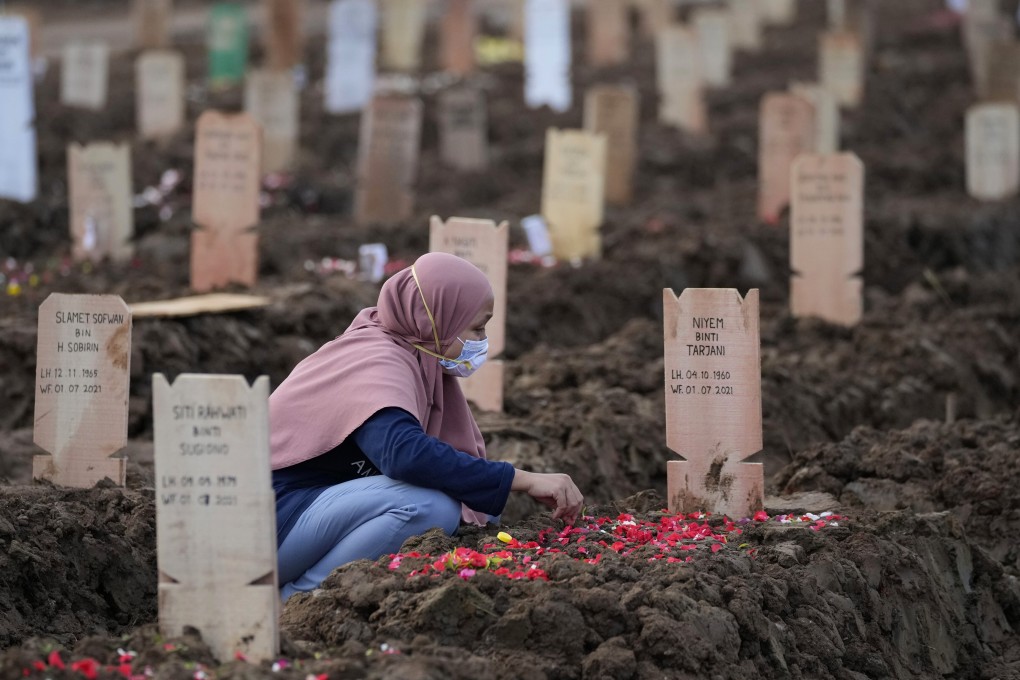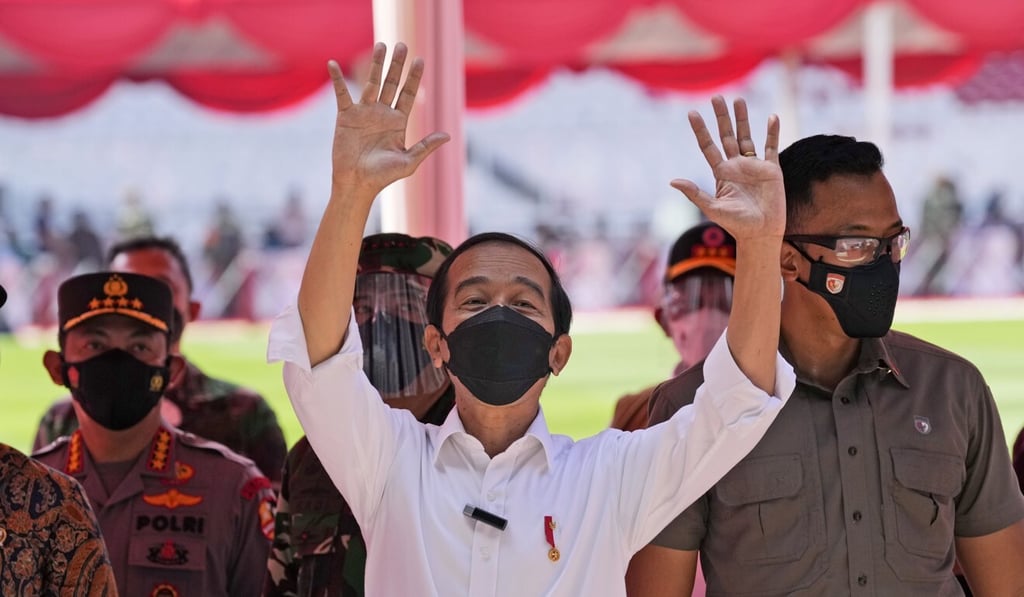Opinion | Indonesia’s coronavirus crisis will define President Joko Widodo’s political legacy as cases surge
- Indonesia has struggled to control its latest Covid-19 surge as public anger builds over the government’s failure to effectively mitigate the pandemic
- President Joko Widodo has become a lightning rod for this anger, prompting prospective presidential candidates to distance themselves

Indonesia’s confirmed Covid-19 cases grew exponentially last month – from a low of 4,821 on June 1 to an all-time high of 40,427 on July 8. A record death toll of 1,040 was recorded on July 7. Vaccination rates remain sluggish – less than 10 per cent of the population have received at least one shot.

Most epidemiologists believe the actual rate of infections is even higher than the official tally, estimating there could be at least 100,000 new cases per day. This is because Indonesia has not upgraded its testing capacities since the beginning of the pandemic, meaning adequate test-and-trace systems are virtually non-existent outside major cities such as Jakarta and Bandung.
Widodo has been criticised for his unwillingness to adopt strict lockdown measures and for prioritising the economy over public health protections, but he is not alone.
